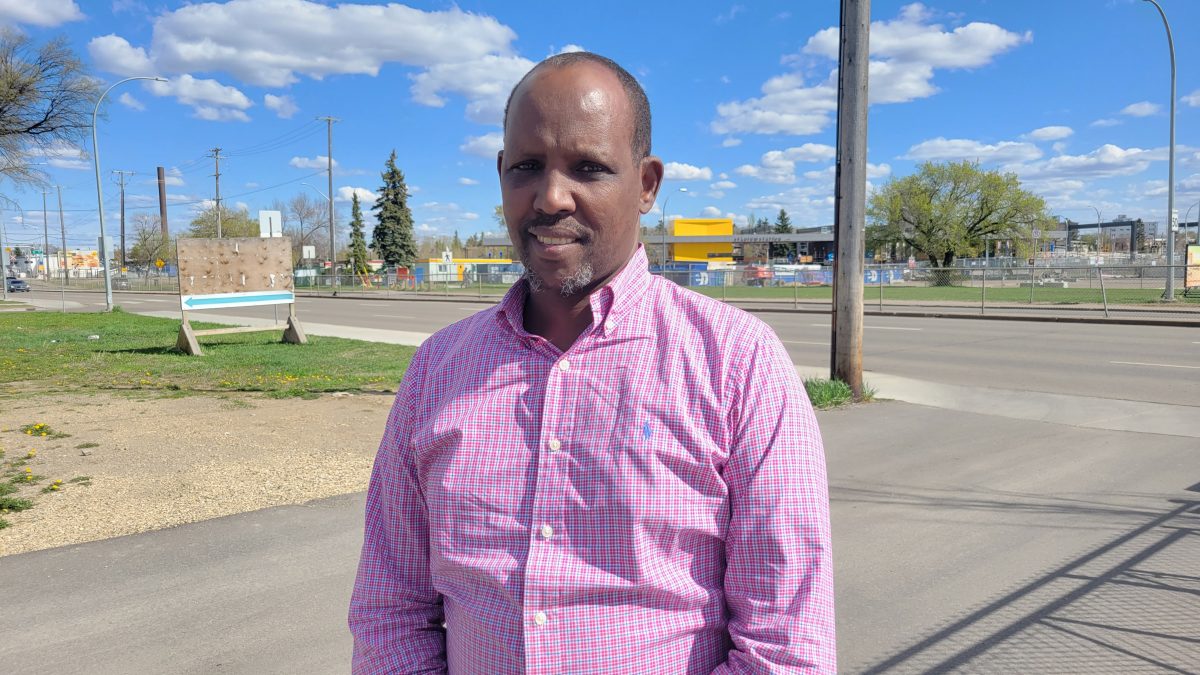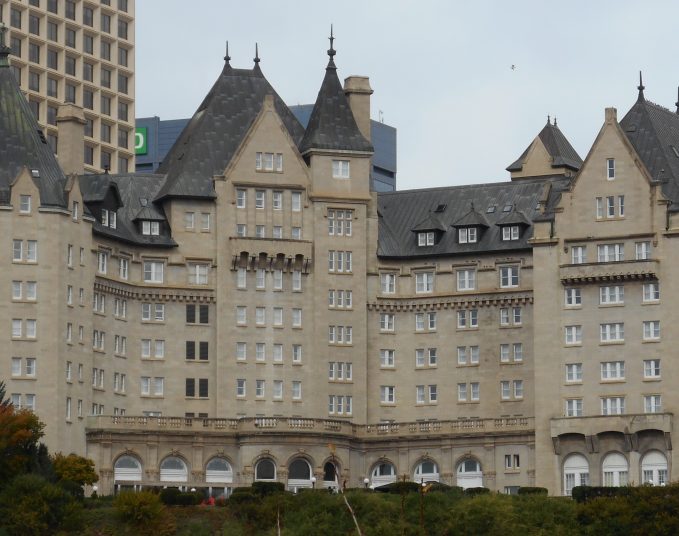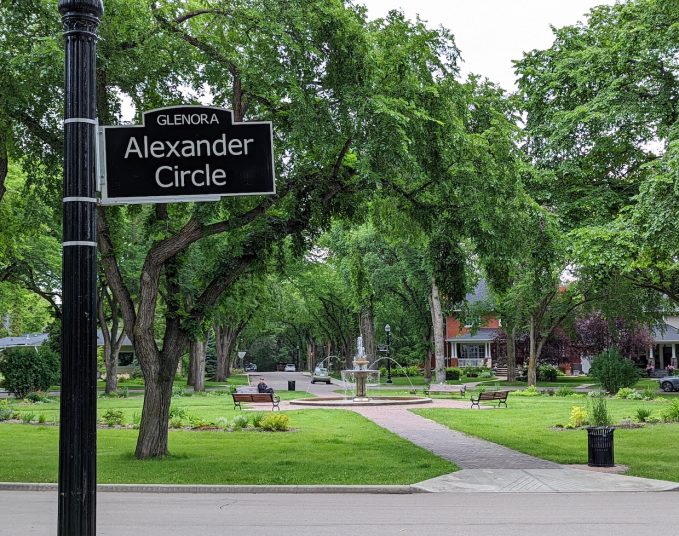Mahamad Accord has tried to separate his advocacy work from the violence devastating his community.
But as the deaths of young Somali men continue to make headlines, he’s leading a community’s charge to find out why the killings keep happening and why so many have gone unsolved.
“When you deal with everyday death of young men who have potential … and you see the mothers and the fathers and the siblings dealing with it, it’s traumatizing,” Accord said following a town hall in north Edmonton this past weekend.
“I stopped communicating with the families because it traumatized me. Because you cannot do anything about it. You cannot even contact the investigating officer and get an answer.”
Accord’s advocacy organization, the Taccalusa Institute, led Saturday’s town hall where community members shared frustrations and brainstormed solutions.
Much of the frustration was aimed at police, with some accusing the Edmonton Police Service of neglecting the homicide investigations.
Accord says 70 murders of Somali Albertans since 2005 remain unsolved.
“Right now they just bury their dead and that’s it. There’s no hope (of the killings) being solved,” he said.
“The people think that there is no value in their life, and they accept that. That’s the sad part, that we accept it – that the young men of Somali descent have no value when they become victims of homicide.”
Community members acknowledged an array of connected issues contributing to the deaths, from a lack of resources to cope with trauma, youth getting caught up in violence through the drug trade, and lack of action from the provincial justice ministry.
Many Somali families came to Eastern Canada in the 1990s, fleeing civil war and governmental collapse, and thousands moved west to Alberta in the 2000s seeking work. Accord says the reality these families are living here today is a far cry from the safety they were promised.
Somali men were among the victims of a March mass shooting at Ertale Lounge in northwest Edmonton that left 28-year-old Imbert George dead and at least six others wounded, leading police to charge three suspects.
Other cases, like the 2017 slaying of 22-year-old Abdullahi Nur-Abdulle at a northwest Edmonton convenience store, in broad daylight, remain unsolved despite surveillance camera images of the suspects.
Inspector Brent Dahlseide with the EPS Major Crimes unit said 59 members of the city’s Central East African communities have been killed since 2004, and police have solved and cleared 29 of those.
Dahlseide told the gathered community members Saturday that all homicides are thoroughly investigated using the same protocol, regardless of the victim’s race.
But many at the event were skeptical.
Multiple speakers referenced an infamous 2011 comment from EPS homicide detective Bill Clark, following the fatal shooting of a Somali man at an Edmonton club, when he suggested police would simply move on to other investigations if no one came forward with information.
“That quote haunts me more than you’ll know,” Dahlseide said.
“By no means do we just say, ‘If you’re not interested in helping us, then we’re not interested in the investigation.’ Absolutely not.”
Dahlseide acknowledged EPS has not done a good job of ongoing communication with families of victims. He says a family liaison co-ordinator, a new role launched in May with the EPS historical crimes unit, will start to change that by engaging families in conversations and keeping them in the loop as investigations progress.
Accord, meanwhile, is building relationships outside of the Somali community to stir up more resources and put pressure on EPS and government officials. The Taccalusa Institute is working with Indigenous activist groups like Stolen Sisters, acknowledging the similarities with Missing and Murdered Indigenous Women and Girls, while Saturday’s event was organized with the John Humphrey Centre for Peace and Human Rights and the Coalition for Justice and Human Rights.
“We need more allies,” Accord says. “It is beyond our capacity that we can deal with this issue.”
Savvy AF. Blunt AF. Edmonton AF.




